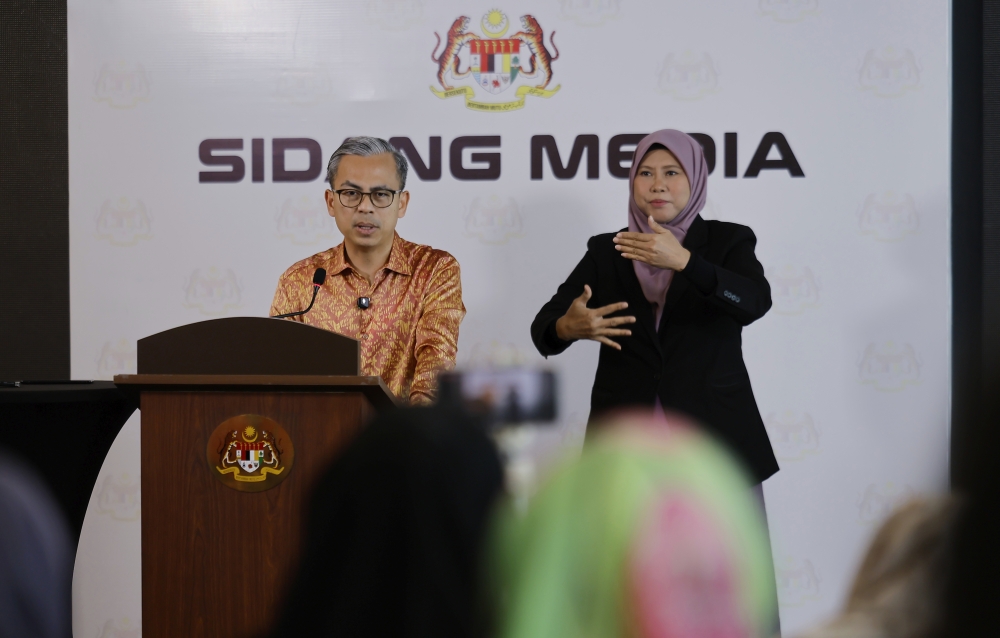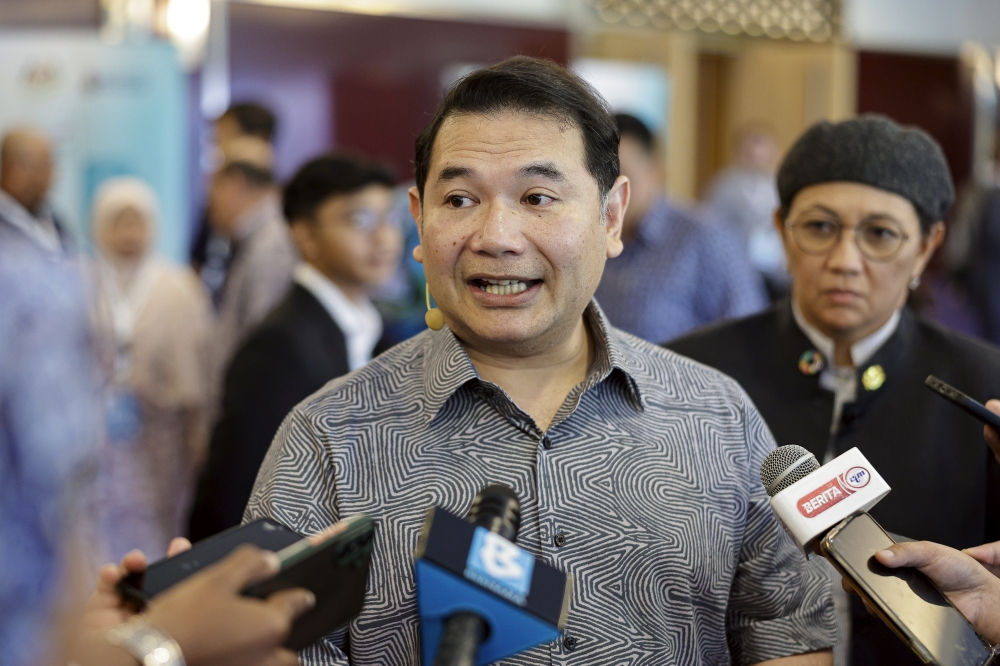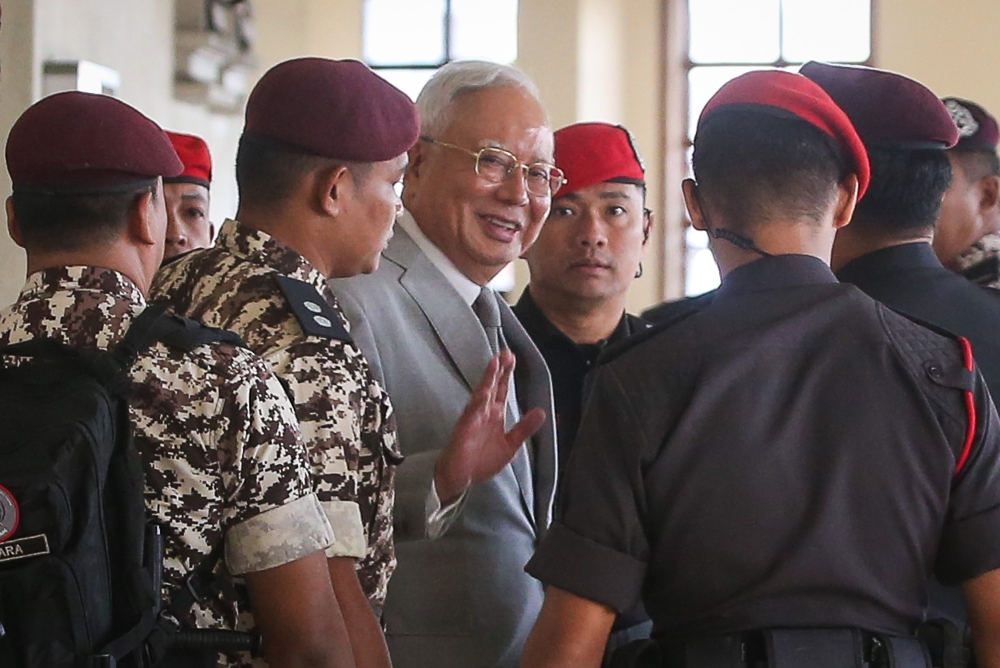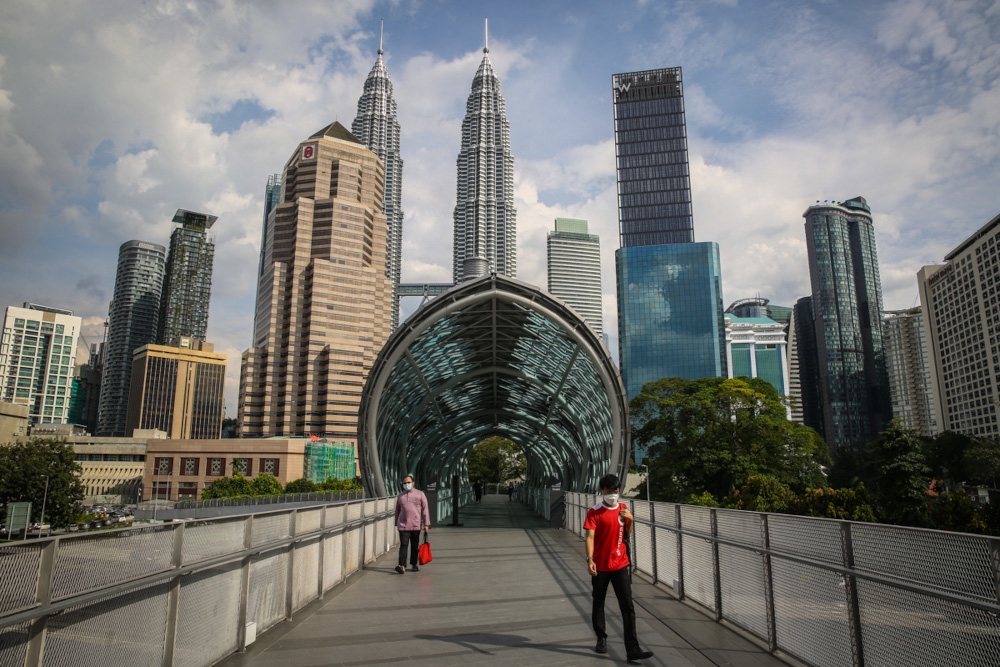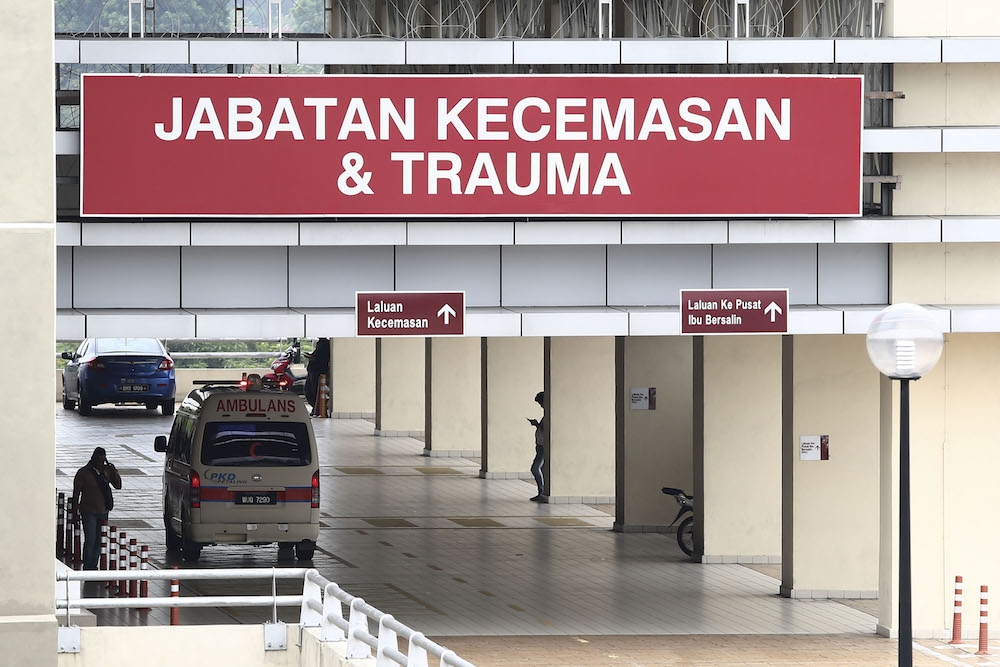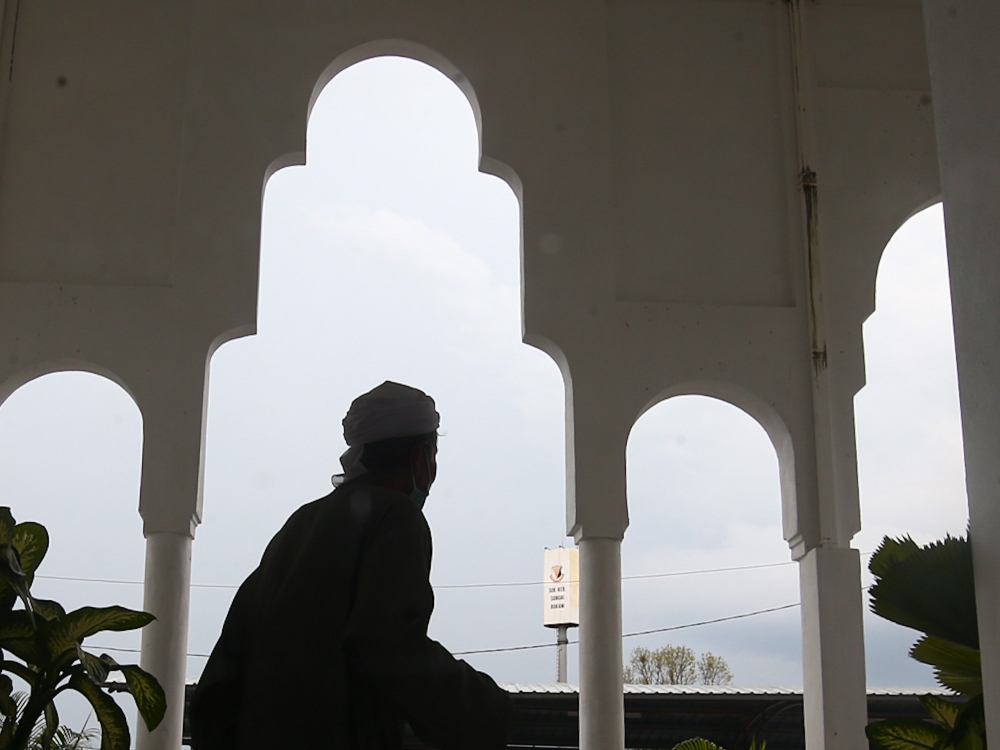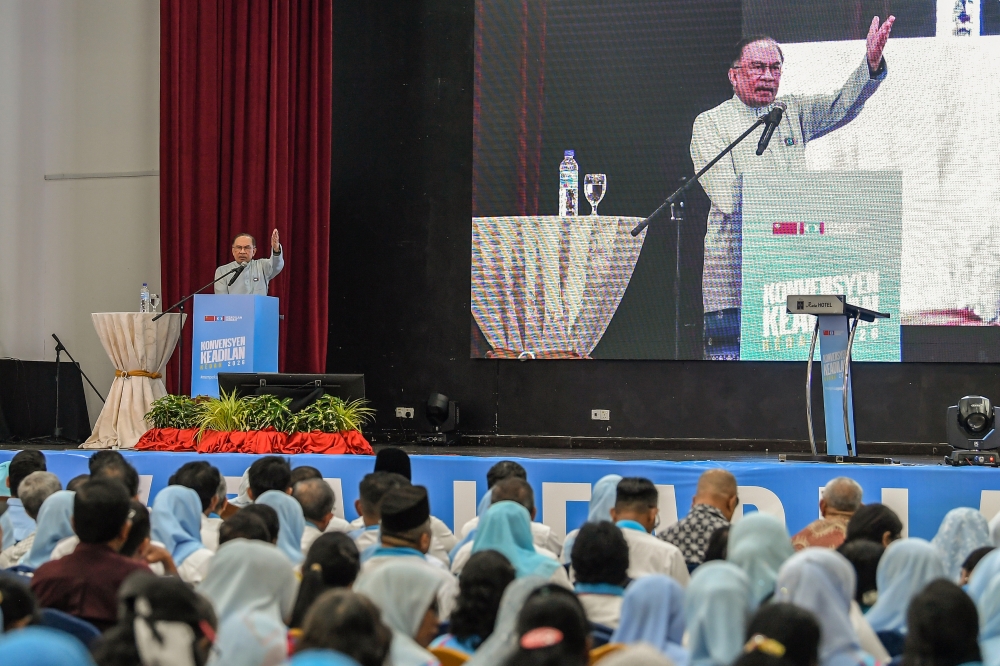FEBRUARY 24 ― The big game in the English Premier League this weekend sees the biggest winners and losers from the midweek Champions League fixtures go head to head.
Well, strictly speaking, neither Manchester United nor Chelsea were winners or losers ahead of Sunday’s showdown at Old Trafford, with both teams drawing their respective Champions League meetings.
But the reaction to those games, though, has been wildly divergent, with United hammered for their performance in the 0-0 stalemate against Sevilla while Chelsea have been widely heralded for an excellent display in their 1-1 tie with Barcelona.
More specifically, much of the praise and criticism has been centred on the two managers. Antonio Conte has been showered with tributes for devising a tactical masterplan against Barca, while Mourinho has received perhaps the fiercest condemnation of his 18 month-reign at United to date following the tie in Sevilla.
Is this fair? After all, United gained by far the better result ― taking back a goalless draw to Old Trafford gives them a much better chance of progressing than Chelsea, whose hopes of making the quarter-finals were hit hard by Lionel Messi’s late away goal.
Can it be right that the manager who procured a decent result is deplored and decried while the manager whose team are much closer to elimination is hailed as a genius?
In a word: yes. The post-match analyses painting Mourinho as a villain and Conte as a hero, despite their team’s contrasting results, is perfectly fair for a simple reason: United were awful, and Chelsea were very good.
This is an example of results not telling the whole story. At Stamford Bridge on Tuesday, Chelsea were extremely well organised in defence, limiting an admittedly over-cautious Barcelona team to a handful of chances and always looking dangerous on the counter-attack.
The Blues would have fully deserved the victory that appeared to be heading their way when Willian, who had already twice hit the post, curled home a brilliant opening goal early in the second half.
Barcelona didn’t have any answers for the five-man defensive line employed by Conte, with the success of Victor Moses in closing down the threat of Jordi Alba down the visiting team’s left flank a particular achievement in Conte’s game-plan.
In the end, only a calamitous error by Andreas Christensen allowed Messi to level, but the Spanish giants returned home knowing they were very fortunate to escape with such a positive outcome.
United, however, only avoided a heavy defeat in Sevilla because David De Gea enjoyed another spectacular night in goal, making three superb saves including a close-range reflex stop from Luis Muriel’s header which almost defied belief.
At the other end of the pitch, United had practically nothing to offer, mustering only one shot on target all night and generally posing no attacking threat as Romelu Lukaku endured a horrible night and Alexis Sanchez was again kept quiet.
Thanks to De Gea’s heroics the result was a good one, but the overall impression of the game was summed up by journalist Graham Ruthven, who tweeted: “That was the quintessential Mourinho match. He'll get the job done, but will make you never want to watch a game of football ever again.”
After such a negative, joyless display, the pressure will be on United to turn on the style when they welcome Chelsea this weekend for a game featuring two intriguing sub-plots: the personal feud between Mourinho and Conte, which has become unpleasantly personal at times this season, and the apparent rift between Mourinho and record signing Paul Pogba.
The managerial spat doesn’t interest me that much. Once the action starts, the antipathy between Mourinho and Conte will become irrelevant, and their two sets of players certainly won’t really care what the two coaches think about each other.
The Pogba situation, however, is a very interesting one and indicative of where Mourinho’s problems lie.
Although Mourinho would deny this suggestion, from the outside it certainly appears that the French midfielder has been scapegoated by his coach following the team’s calamitous collapse at Tottenham.
Amid claims that Pogba was unhappy with his role in the team, the midfielder was dropped from the starting eleven for the league game against Huddersfield, substituted during the loss at Newcastle and again left on the bench in Sevilla.
The conclusion from those decisions is that Mourinho doesn’t trust Pogba to carry out the necessary defensive work to fit into his team’s structure, and that his Old Trafford career is at a major crossroads.
A twist came during the early stages at Sevilla, when injury to Ander Herrera forced Mourinho into introducing Pogba from the bench, and that could well be his route back into the starting eleven for this weekend’s meeting with Chelsea.
If that’s the case, it’s a chance for Pogba to show, on a big stage in an important game, exactly what he can do. That’s also the case for the team as a whole, in fact, and the tone for the remainder of United’s season could well be set by the level of their performance on Sunday.
If Pogba shines and United record a convincing win, the problems of recent weeks will be forgotten. Another dour display with Pogba anonymous or ignored, however, could see things turn pretty nasty, pretty quickly.
* This is the personal opinion of the columnist.



